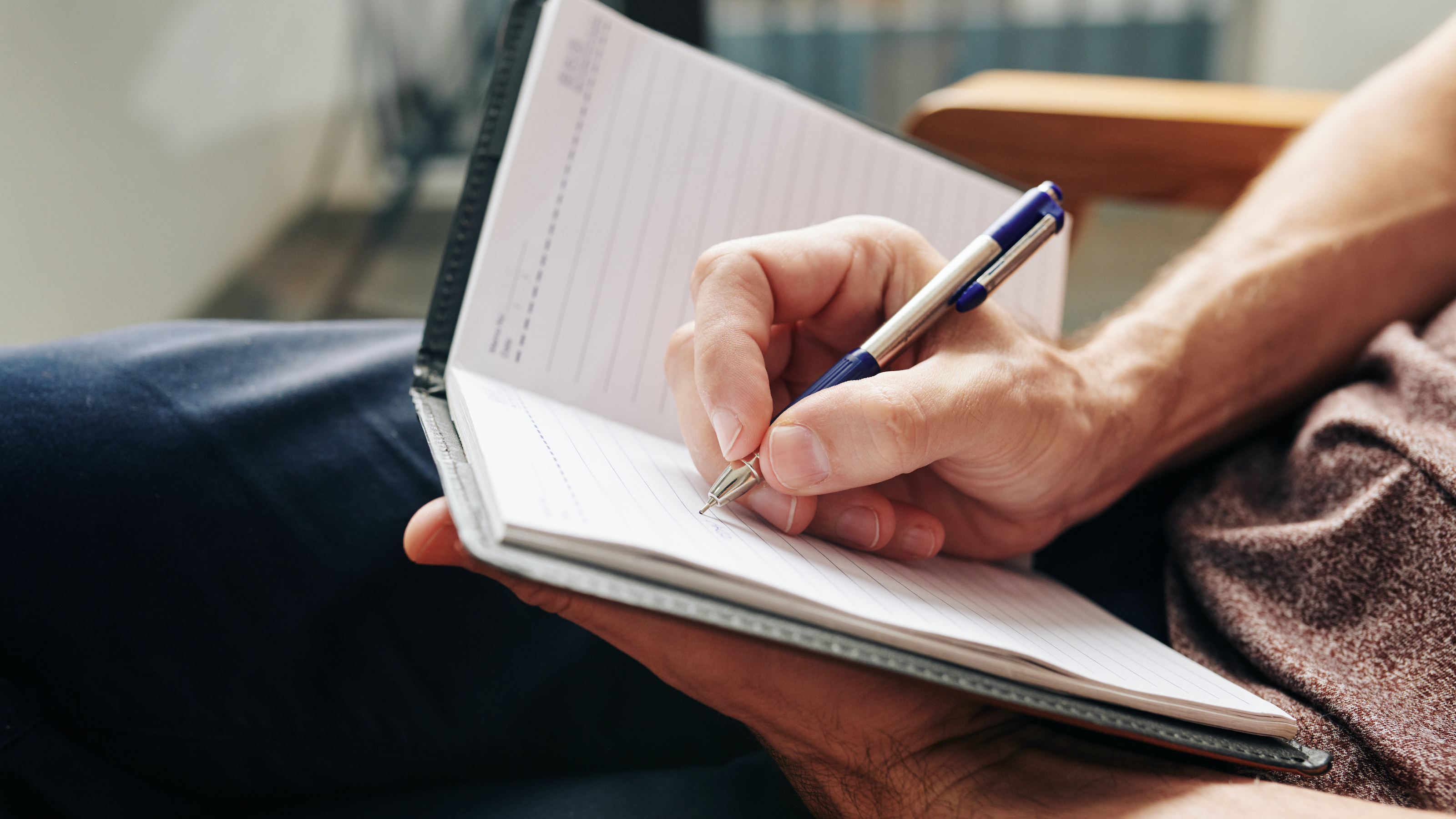HOW LONG DO YOU PLAN TO STAY?
Most experts generally agree that you shouldn’t buy a home if you plan to stay for less than five years. Between the down payment and closing costs, you are paying a lot of upfront costs. The longer you own your home, the more likely you are to recoup these expenses, and as time passes, the house will typically appreciate in value. This increases the chances you’ll be able to sell for a profit. High demand for rental housing has led to high upfront costs for securing rentals, however, and in some instances, it may still be better to buy.
HAVE YOU BEEN SAVING FOR A DOWN PAYMENT?
Even though a 20% down payment isn’t always required, that doesn’t mean you shouldn’t try to put down as much as you can. The less money you have for a down payment, the larger your mortgage will be, and depending on your credit score, the lender’s interest rate might make your mortgage payments higher than your budget will realistically allow — even if you’re well qualified.
WHAT’S THE REAL ESTATE MARKET LIKE?
The housing industry is constantly changing. It’s influenced by consumer confidence, interest rates, mortgage availability, and the supply of properties in your desired area. For example, if there are very few homes on the market, multiple bidders drive up the prices. Your sales associate and lender will work with you to assess whether it’s a good time to buy.
ARE YOU READY FOR THE RESPONSIBILITY?
If you’ve been renting for a while, you may be accustomed to calling maintenance when the dishwasher breaks or having someone else shovel your sidewalks. The responsibilities and associated costs of homeownership shift to your shoulders when it's your house. It’s important to assess whether this is the lifestyle you want — and be ready to budget for unexpected repairs and maintenance.






